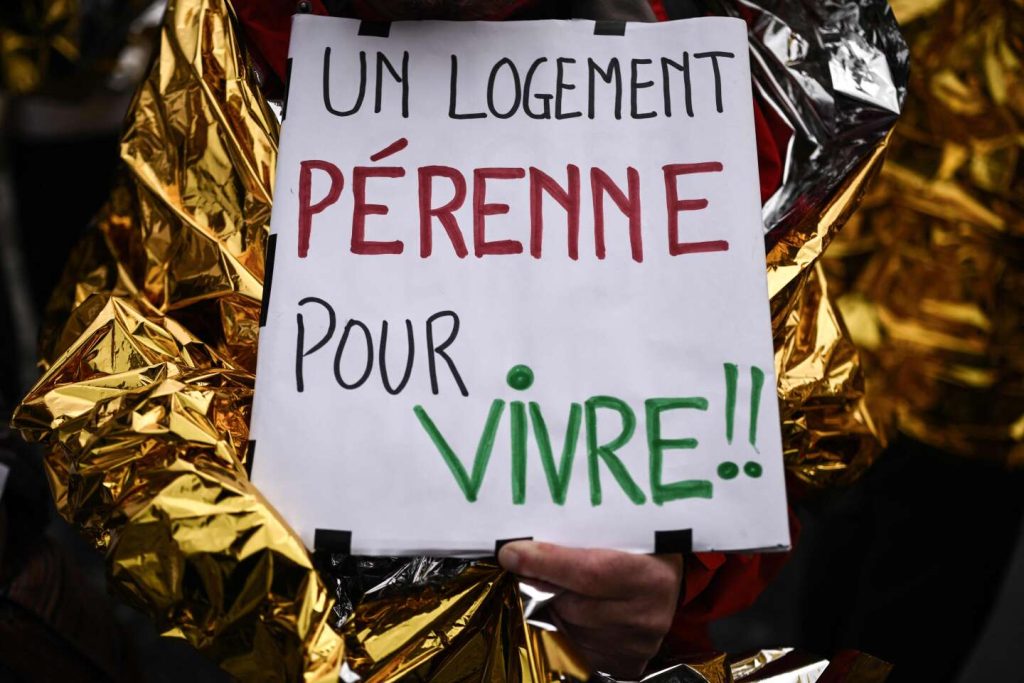In 2023, a total of 21,500 households were forcibly evicted from their homes by law enforcement, according to the Ministry of Housing in response to inquiries from Le Monde. This marks a 23% increase compared to 2022, which was already a record-breaking year. As the winter truce comes to an end – which usually suspends rental evictions from November 1st to March 31st – the Abbé Pierre Foundation and numerous associations fear that 2024 will see another rise in evictions.
Looking back, in 1983, there were only 3,000 forced evictions, seven times less than the current numbers. The first peak was reached in 2019, with 16,700 households being forcibly displaced, mainly due to rent arrears. During the 2020 health crisis, the government extended the winter truce until July 10 and instructed prefects not to use force without a rehousing solution, offering compensation to landlords. That year, forced evictions were halved. Since then, they have reached new records, but the Ministry of Housing emphasizes that the annual average for 2020-2022 remains below the 2019 peak.
Christophe Robert, the general delegate of the Abbé Pierre Foundation, expressed shock at the 21,500 forced evictions. He believes that there is a catching up of evictions that were not carried out in 2020 and 2021, suggesting that the government could prevent some by compensating landlords. Only the number of evictions involving law enforcement is now public, compared to previous years where judicial decisions and procedure outcomes were also reported. An average of 140,000 people are forced to leave their homes each year due to rent arrears.
Several factors indicate further increases in evictions. Low-income households have been particularly affected by inflation, and changes to housing benefits have often worked against them. Additionally, the Kasbarian-Bergé law, implemented in July 2023, has accelerated eviction procedures, reduced the ability for judges to grant payment deferrals and stay of execution, and reduced these deadlines by three. Sonia, a mother facing eviction by a slum landlord, spoke out against the law at a press conference held by the Housing Rights association. Remaining in the property after an eviction order now carries a fine of 7,500 euros, making tenants feel like criminals.
The ordeal of households facing eviction highlights systemic issues in the housing sector. The current situation emphasizes the need for a more comprehensive approach to prevent homelessness and support vulnerable populations. The government’s policies and legislation play a significant role in shaping these outcomes, with advocates calling for more support for tenants facing financial difficulties. Additionally, the challenges faced by low-income families point to broader issues of inequality and the failure of social services to adequately address the needs of marginalized communities. Addressing these issues requires a holistic approach that considers both short-term and long-term solutions to ensure stable housing for all individuals.














